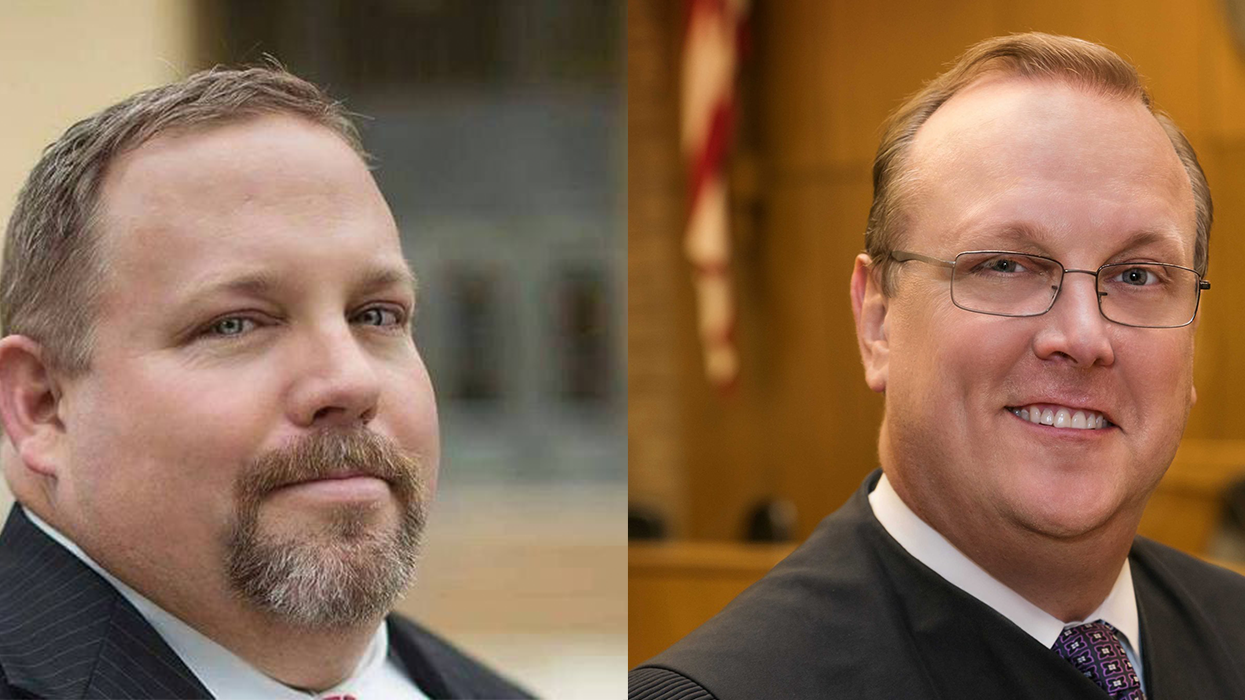At a time when confidence in elections is sagging, a particularly odd snafu in Texas this month won't help.
A virtually tied election for a spot on a regional appeals court will have to be conducted again — because officials in two counties under the court's jurisdiction did not put the contest on the ballot.
The election administrators in Cochran and Collingsworth counties, in the rural panhandle of north Texas, both filed papers this week admitting to a shared oversight and insisting they did not intentionally exclude the race from a long roster of federal and state contests March 3.
The new election, which could cost taxpayers tens of thousands of dollars, will likely be conducted May 26. And it's a virtual certainty far fewer people will turn out than this month, because it will be the only item on the ballot the day after Memorial Day.
It is a special election primary between two Republicans for one of four seats on the 7th Court of Appeals, based in Amarillo, which reconsiders civil and criminal decisions from 46 mostly sparsely populated and deeply conservative counties. The primary amounts to the election because no Democrat is running.
Without the two counties, unofficial results show that criminal defense lawyer Steven Denny leading by 319 votes — out of nearly 92,000 cast — over Larry Doss, who was chosen to temporarily fill a vacancy by GOP Gov. Gregg Abbott.
Records show that about a quarter of the registered Republicans in the two counties, or 890 people, voted in the Super Tuesday primary.




















Trump & Hegseth gave Mark Kelly a huge 2028 gift